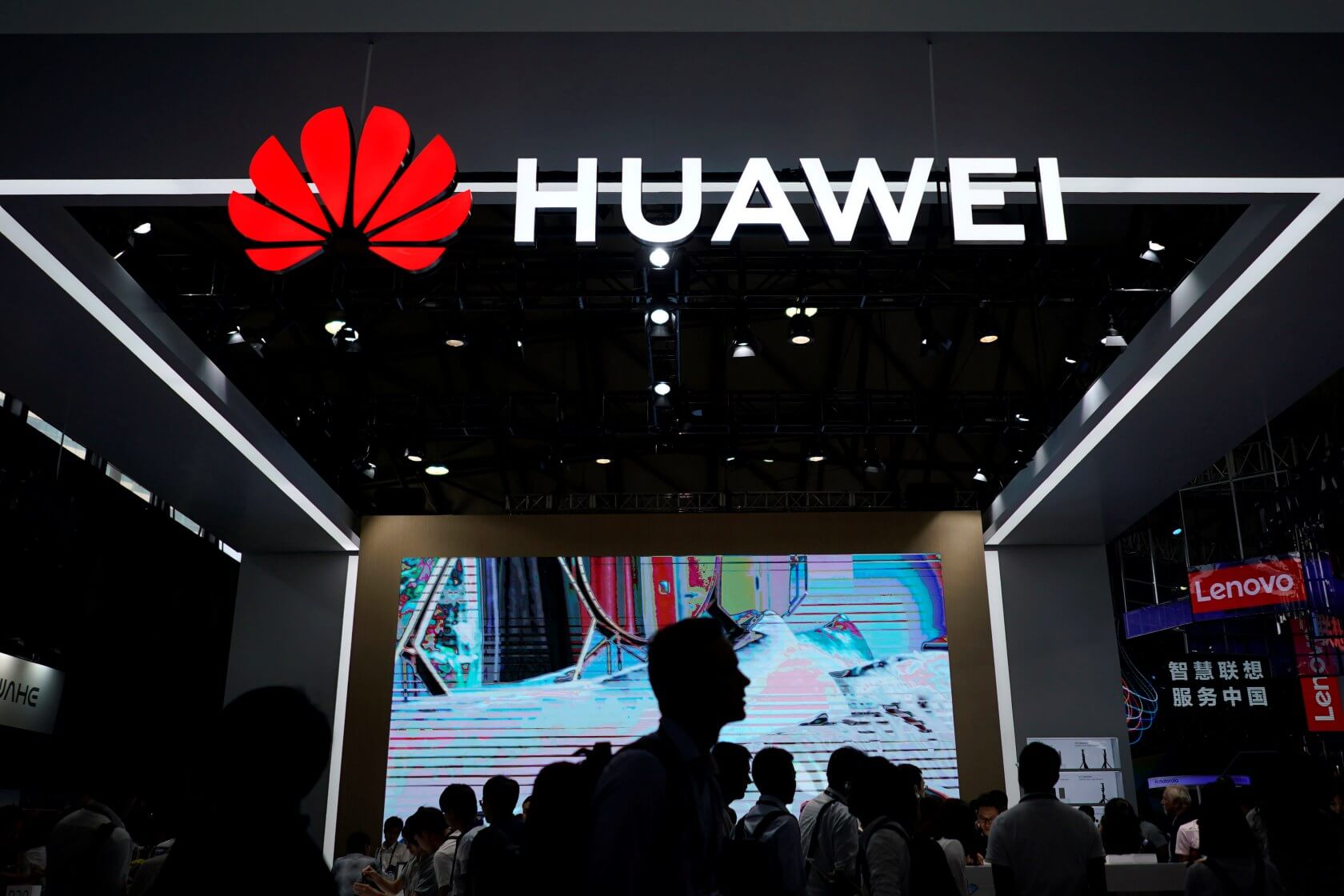What just happened? Donald Trump has declared a national emergency that effectively bans US companies from buying and using telecoms equipment from "foreign adversaries" that poses a threat to national security. While the order does not name any country or firm, China and Huawei are the obvious targets.
The move will "deal with the threat posed by the unrestricted acquisition or use in the United States of information and communications technology [...] supplied by persons owned by, controlled by, or subject to the jurisdiction or direction of foreign adversaries."
The US has long accused Huawei of spying on behalf of the Chinese government, leading to Trump signing the Defense Authorization Act that bans US government agencies and contractors from using certain Huawei tech. America has been warning allies not to use Huawei equipment in their 5G networks else face being cut off from US intelligence, and it recently accused the firm of being funded by Chinese state security.
The Commerce Department has 150 days to draft an enforcement plan and name the companies that could be banned under the executive order.
The decision comes in the middle of the long-running US-China trade war, which saw the Trump administration hike tariffs on $200 million of Chinese goods from 10 percent to 25 percent.
Following the announcement of the order, the Commerce Department revealed that Huawei and 70 affiliates had been added to the Bureau of Industry and Security (BIS) Entity List, meaning US companies cannot do business with them without approval from the BIS.
Federal Communications Commission Chairman Ajit Pai welcomed the order, calling it "a significant step toward securing America's networks."
Responding to the move, Huawei said: "Restricting Huawei from doing business in the US will not make the US more secure or stronger. Instead, this will only serve to limit the US to inferior yet more expensive alternatives, leaving the US lagging behind in 5G deployment, and eventually harming the interests of US companies and consumers."
The Chinese tech giant added that it was "ready and willing to engage with the US government and come up with effective measures to ensure product security."
